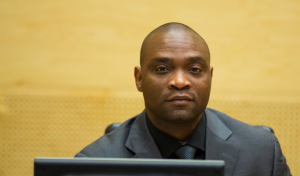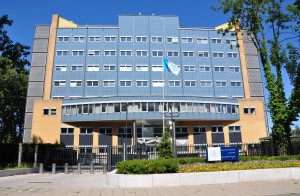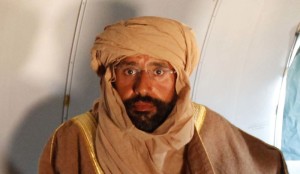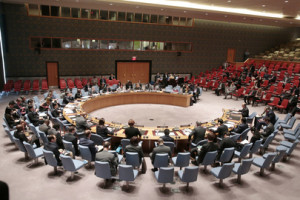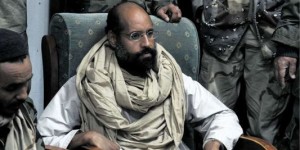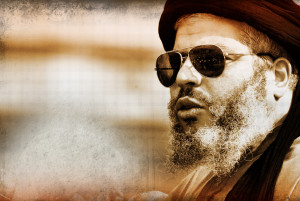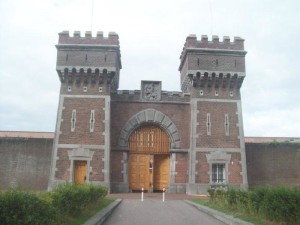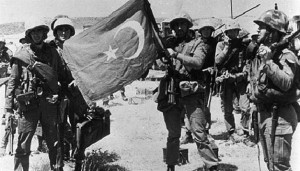By Sander Wirken - PhD candidate at the University of Amsterdam, Sander Wirken is making the documentary Burden of Peace about Guatemala’s former Attorney General Claudia Paz y Paz. Watch the embedded video to find out how you can become part of that project.
A Guatemalan trial court wrote history on 10 May 2013 when it convicted former president general Efraín Ríos Montt to 80 years imprisonment for his role in the genocide and in war crimes committed by the army. It was the very first time that a national court convicted its own former head of state for genocide. Lawyers all over the world applauded Guatemala for the apparent achievement of its national judicial system. Ten days after the conviction, however, the Constitutional Court declared that a procedural error had been committed. The procedural error in question did not amount to a breach of a constitutional right and should hence have been addressed by an Appeals Chamber and not by the Constitutional Court, as one of the dissenting opinions in the 3-2 majority decision pointed out. But the majority opined differently and the conviction was declared invalid on that technicality.
What followed was a concerted backlash to all forces that had supported the genocide trial.

